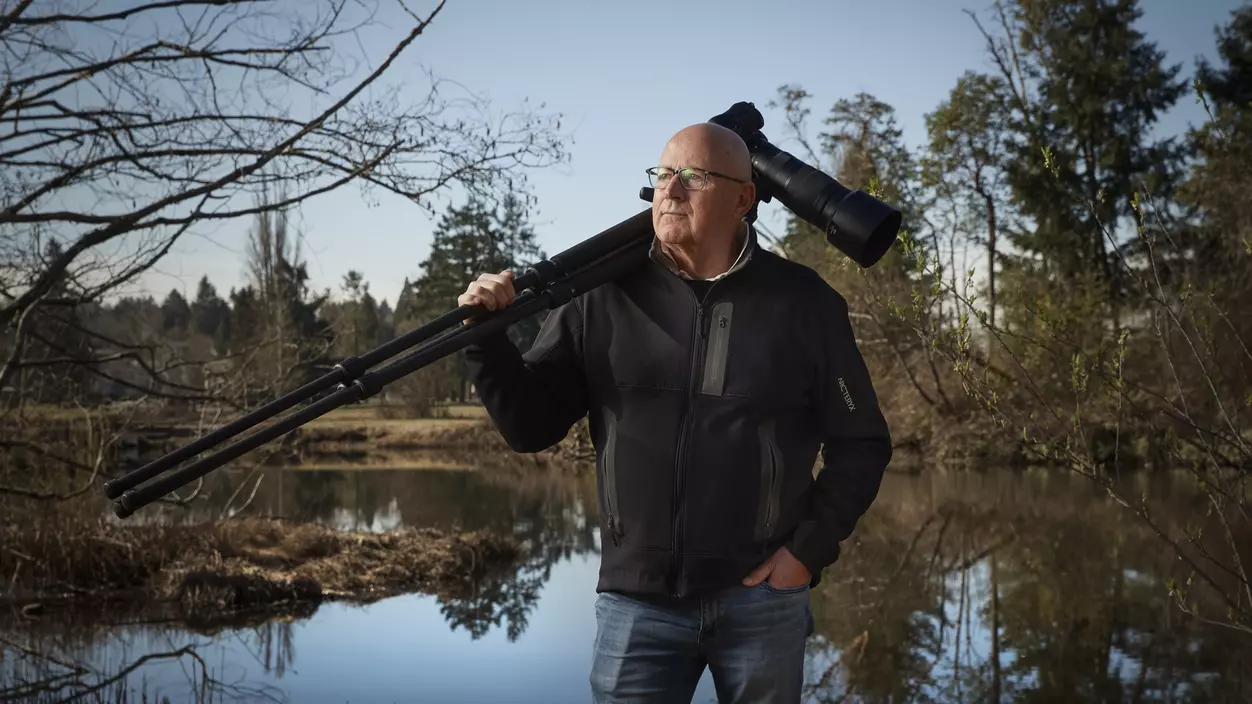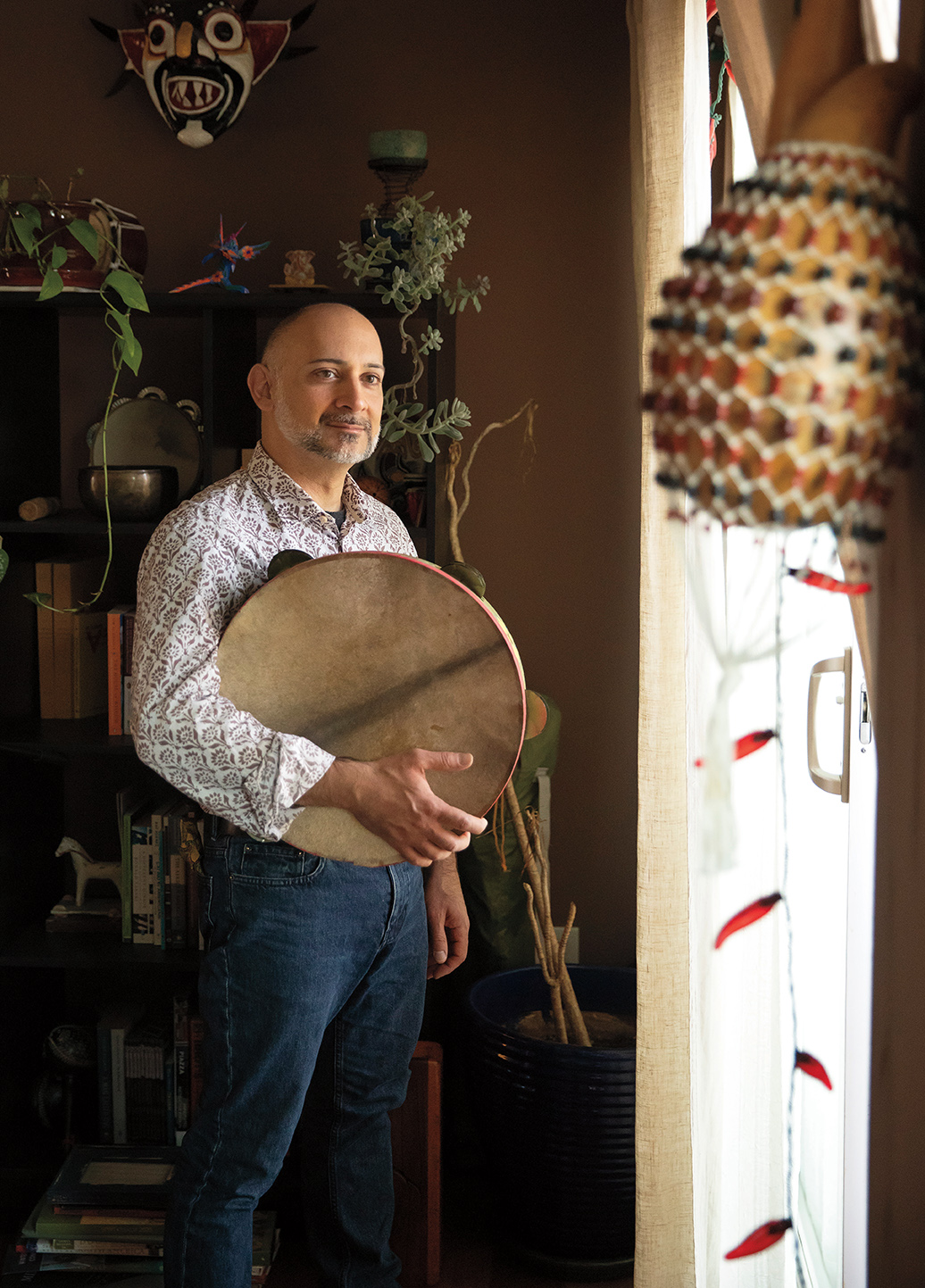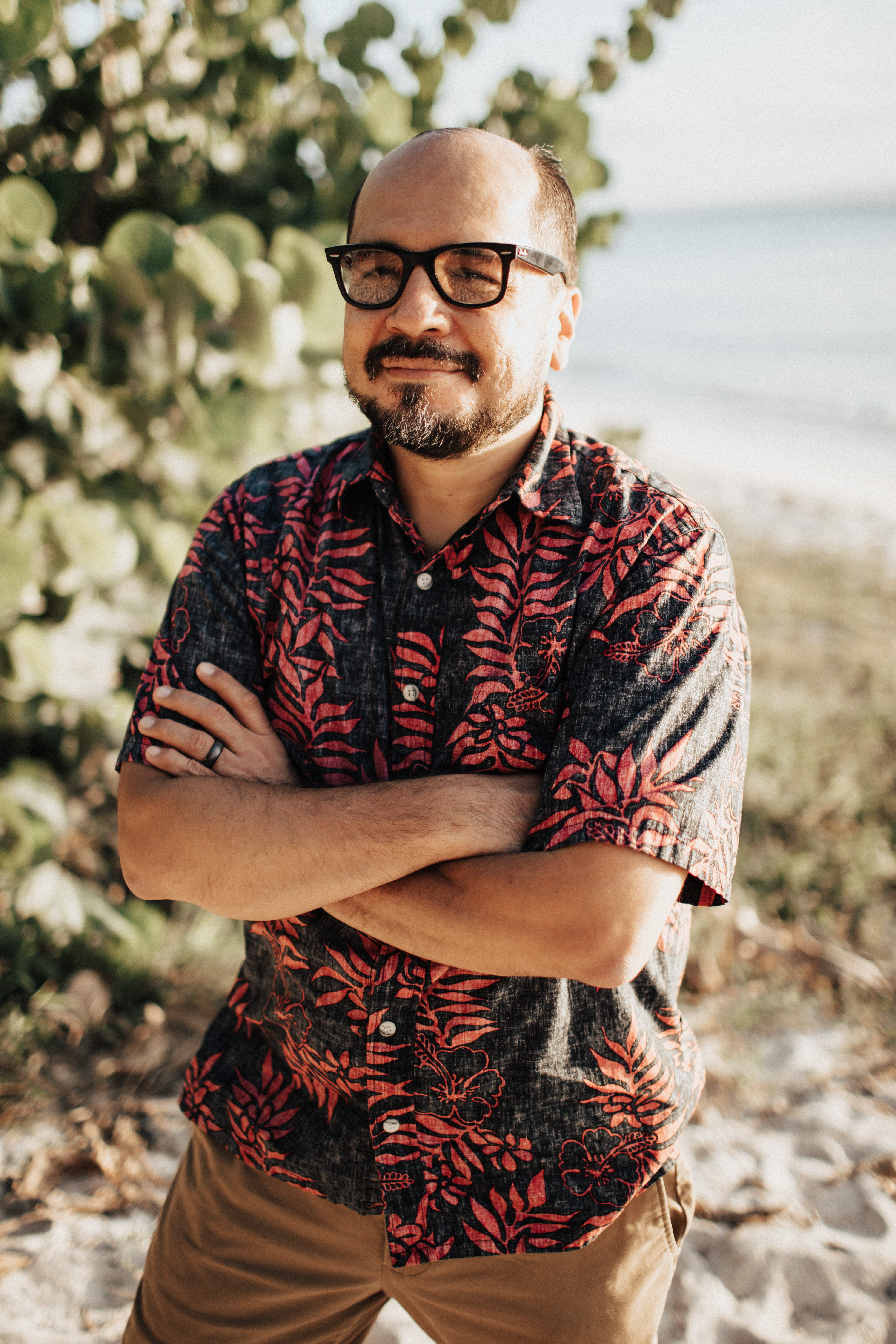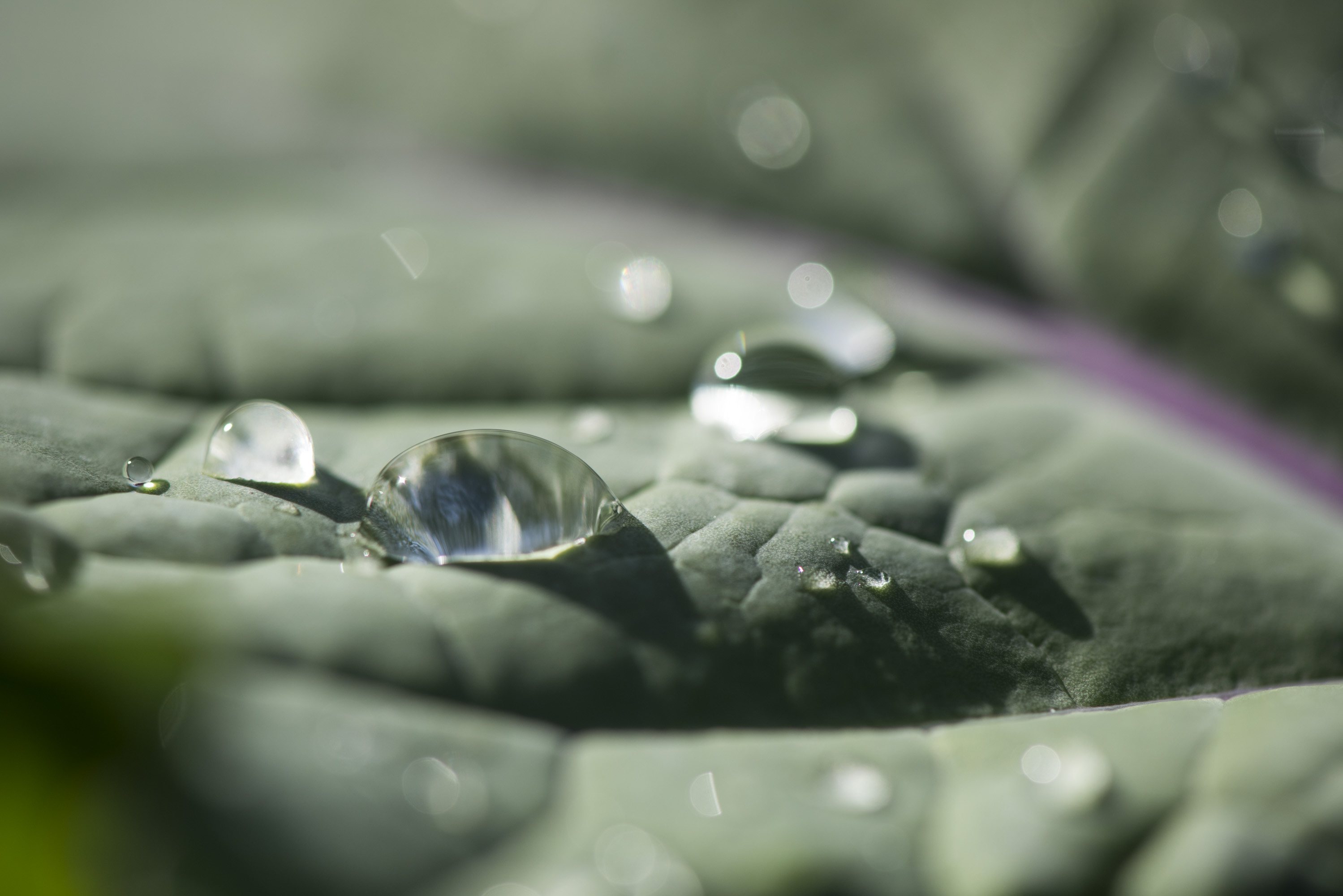Eleven years ago, Dan was a public sector financial director entering his third decade in finance. He and his wife, Karen Amundson Clements ’70, M.B.A.’77, P’07, had raised two sons and lived in Everett, Wash. At 59, Dan began to feel restless. His own father had been a prominent ornithologist who had given him an extremely adventurous childhood. He visited Central American jungles, completed first ascents of multiple peaks, summited Mount Rainier at 10, and scuba-dived with his father off the California coast. But after he graduated from Puget Sound with a bachelor’s degree in English, his outdoor explorations were tamed. “Life centered around raising my sons,” he says.
Dan had been an amateur photographer for many years, and he decided that it wasn’t too late to make his passion his career. So he retired and set off around the world. To finance the adventures, he dusted off his scuba gear, renewed his certification, and began taking underwater photographers on dive trips around the world. He self-published a book of photos he had taken off the coast of Edmonds on intermittent dives on evenings and weekends, and worked with the Pacific Northwest Underwater Photographic Society to create a magazine, which helped to open doors within the local diving community. “It has been a lot of fun, and I have met some outstanding photographers and environmentalists from many different countries,” he says.
But about 10 years in, a diving experience in Point Lobos, Calif., made him reevaluate life again. “When I started putting dive trips together, in the back of my head I knew that if I got to the point where I couldn’t rescue-swim somebody back to a boat or land I would quit putting the trips together,” he says. “I had to rescue somebody in Point Lobos. He ran out of air, and he kind of panicked. I did it fine, but I realized I’m not 20 anymore, so I started phasing out the trips.”
Dan took what he knew about organizing domestic and international photography trips and shifted from water to land. He started organizing adventure photography trips to document wildlife and landscapes from Montana to the Arctic and everywhere in between. Now 70, he shows no signs of stopping. “Who says you have to do just one thing in your life?” he says. “I’ve had the good fortune to see things that most people will never see.”










